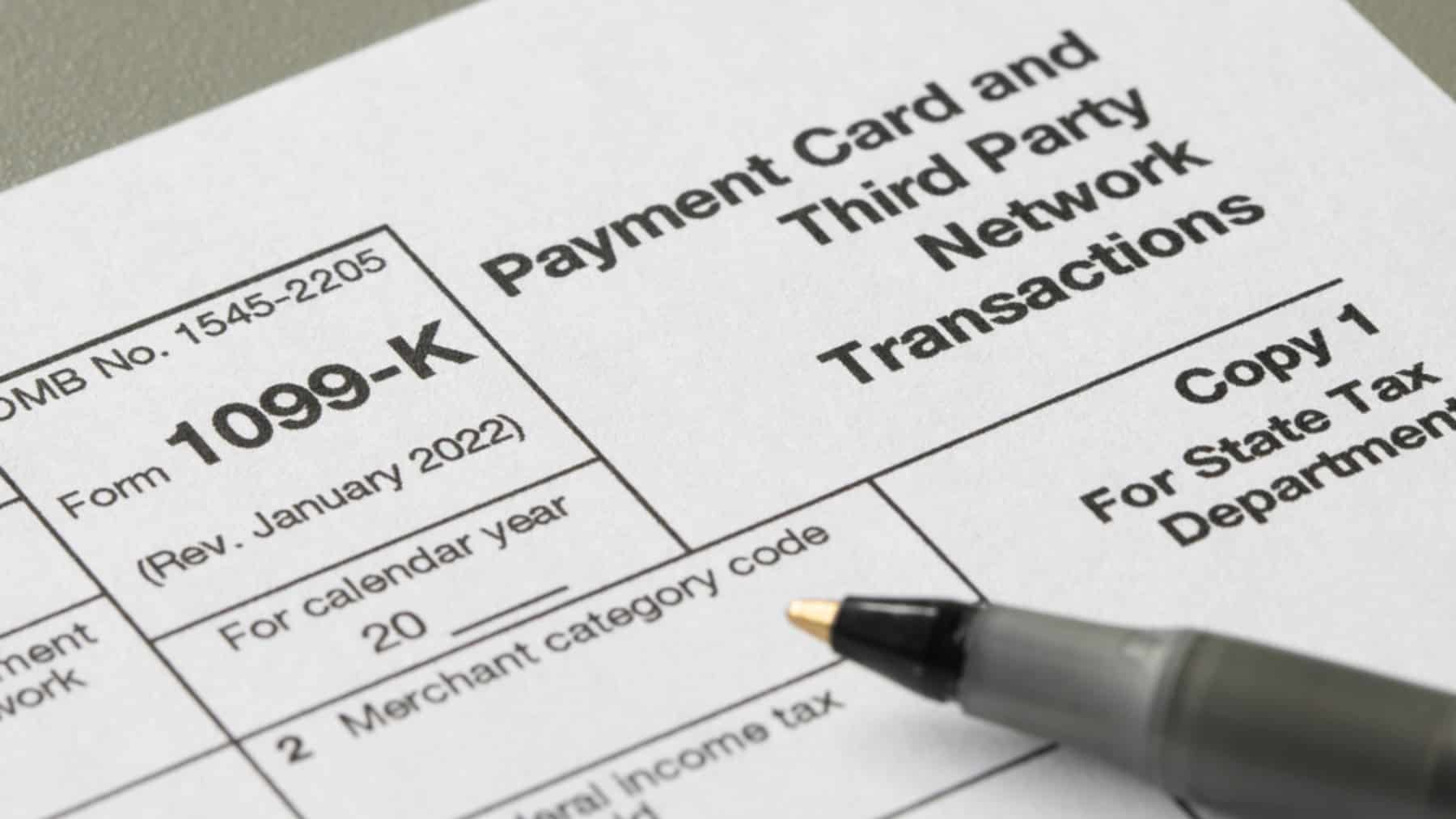Whether you are a worker in the United States or you are nearing retirement age, this information is relevant to you. Given the delicate economic situation the country is facing, and with it, the Social Security Administration (SSA), the U.S. Congress is considering the idea of raising the retirement age to 69. In addition to this situation, there is a prediction that the Social Security trust fund responsible for financing retirements will run out of money by 2033.
This would mean that retirees would only receive 77% of total benefits. This is why raising the retirement age is intended to be an option to somewhat increase the coffers of this fund. Even with this increase, the Congressional Budget Office (CBO) states that benefits for those who retire at 62 will be reduced by 13% and 8%, depending on the retirement age and birth date. Another problem is that not all workers can “afford” to extend their retirement age. This includes jobs that require physical effort, such as construction workers, nurses, and factory workers.
In addition to the immeasurable effort this would require from workers, it is a measure that would not guarantee 100% the preservation of full retirements, as the CBO predicts that the trust fund will still be empty in 2034 even if the retirement age is raised to 69 years. Does this mean that we will have to go to work in wheelchairs, and during coffee breaks we will talk about the different designs of our canes?
Problems for the SSA
Millions of Americans depend on Social Security to survive in their retirement years. However, the Social Security Administration (SSA) is going through a difficult period that is not expected to improve in the short to medium term. That is why many voices within the government are raising the possibility of extending the retirement age for workers in an attempt to alleviate the “drought” in the trust fund on which citizens’ pensions depend.
The future of pensions
It is expected that by 2033, the trust fund that pays retirement pensions will run out of money. This would mean that retirees would receive 77% of the total benefits they would otherwise receive. This is the result of increasing life expectancy, a large number of retirees, and a network of young workers that is not large enough to sustain the total amount needed for retirement.
While last year they considered that the solution was to raise the retirement age from 65 to 67, now it is rising to 69. What does this mean? That upon reaching full retirement age (FRA), workers will have two options:
- Retire later in order to receive full benefits.
- Retire earlier and receive fewer benefits.
According to the Congressional Budget Office (CBO), people born in the 1970s who retire at 65 today will receive 13% less in benefits. Those born in the 1980s will be affected by an 8% reduction.
Who bears the brunt?
This decision would have a direct impact on workers, especially those in jobs that require greater physical and chemical effort. This is the case for those working in construction, nursing, or manufacturing. In their case, they will be forced to:
- Reduce early retirement benefits.
- Need for part-time jobs to make up the difference.
- Use Social Security disability insurance instead.
- Their life expectancy is lower, so their retirement benefits will be enjoyed for fewer years.
Would raising the retirement age solve the problem?
According to the CBO, no. Its estimates indicate that even if the retirement age were raised to 69, the trust fund would still be empty by 2034. However, the data does reveal that it could have an effect 75 years from now, reducing the funding deficit by 24%. According to experts, saving Social Security does not depend solely on raising the retirement age, but also requires tax increases and adjustments to workers’ wages.
Have you read about the changes to Social Security that will affect your retirement in 2026?




